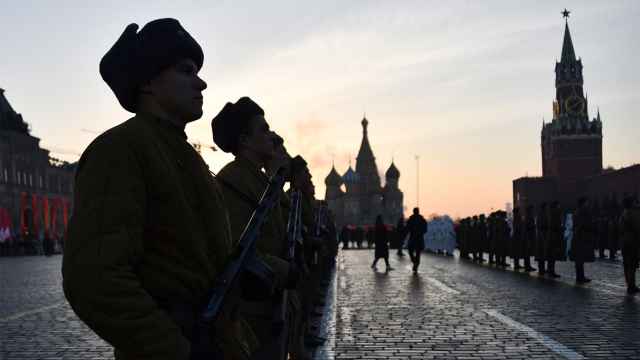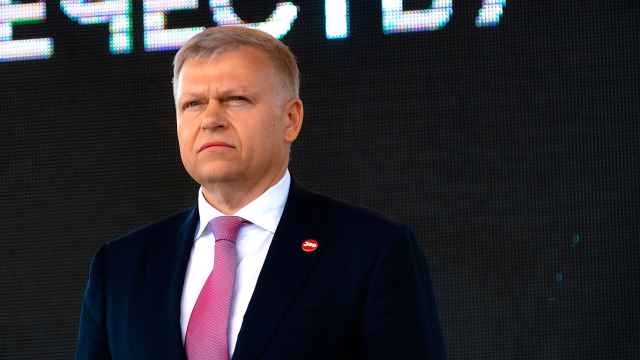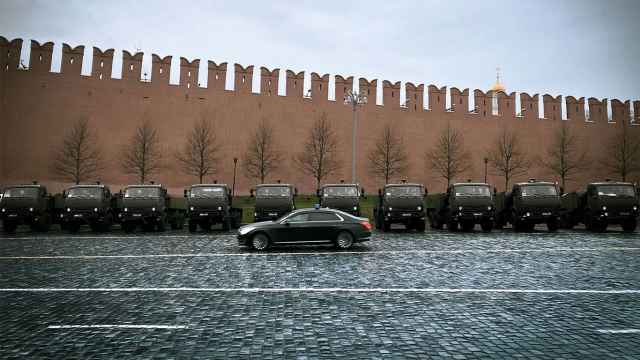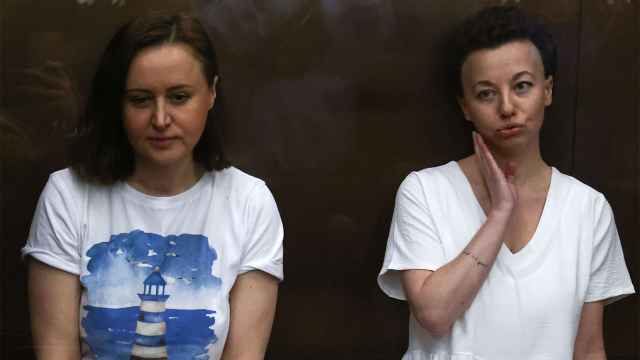As U.S. intelligence analyst Edward Snowden remains in territorial and legal limbo at Sheremetyevo Airport and has apparently abandoned any attempt of staying in Russia, his opportunities for seeking asylum have significantly narrowed, given the obstacles in his path.
According to government officials and experts interviewed by The Moscow Times, Snowden's fate is now in the hands of a few countries that can afford the political risk and offer him official legal status, while Russia could continue to support him behind the scenes.
But while Russia and other governments have cited technical issues as one of the main obstacles preventing Snowden from gaining travel documents or refugee status, political will from a sovereign backer seems to be the key ingredient that is lacking.
"The problem is that if he stayed in Russia, his disclosures would be compromised, so for now the Kremlin will support his public image and look for a third way to solve the problem," said Andrei Soldatov, a well-connected intelligence analyst.
Federal Migration Service head Konstantin Romodanovsky suggested Wednesday that the United Nations Refugee Agency (UNHCR) could help Snowden, who was stripped of his U.S. passport and apparently has no valid identification or travel documents. Similar suggestions were made Tuesday by Kremlin human rights ombudsman Vladimir Lukin and Kremlin human rights council head Mikhail Fedotov.
"I believe Russia definitely should not extradite Snowden to the U.S., where he can then be executed. This is not possible for us as members of the Council of Europe," Lukin said. "I think two organizations should deal with his problems: the airline that carried him from Hong Kong and the UN, in particular its High Commissioner for Refugees."
But officials at UNHCR's Moscow office were perplexed on how they could help.
"We can only offer legal help and guidance for refugee applicants, but it is up to a sovereign state to decide what to do," Ivan Saleyev, legal adviser for the UNHCR in Russia, said by telephone. "Being a developed country, Russia has its own system of refugee protection. We can only facilitate the way it works."
If Snowden had not withdrawn his asylum application to Russia, the Russian government, even without accepting the request, could have issued him a temporary refugee status claimant document that would have allowed him to enter the country from Sheremetyevo's transit zone and visit foreign embassies in Moscow. But even that could have carried political risk for Russia.
According to the UN Convention Relating to the Status of Refugees and a subsequent protocol, a person unable to avail himself of the protection of his home country while fearing persecution there on the basis of political opinion is classified as a refugee.
But Vladimir Rucheinikov, head of the refugee department at Russia's Federal Migration Service, said it was still up to another sovereign country to grant such a person this status or even to put it under consideration.
Former migration service deputy chief Konstantin Postavnin said that by revoking Snowden's passport, the U.S. government had severely limited his options. "They are compelling him to come back to the U.S," he said.
Historically, Russia has been one of the least refugee-friendly countries in the world.
"There are only 800 people in Russia who have refugee status," said Svetlana Gannushkina, a prominent Russian migration rights activist.
"For such a big country, it basically means that the refugee mechanism is not working at all. There is a clear government directive to reject most applications," Gannushkina said.
The only alternative seems to be for Snowden to seek asylum in other countries. On Monday, he sent applications to some 20 countries including France, Germany, Ireland, China and Cuba.
Five of the countries Snowden has applied to have rejected his request, while seven have said they would consider his application if made on their soil. Eight have said they had either not made a decision or not received a request.
According to Gannushkina, most countries will not accept long-distance asylum requests.
"Only a few countries — I would name the U.S., Denmark and Norway — would consider such an application. Only under exceptional circumstances would governments do that — for instance, they could send a consular official to the airport to collect his papers," she said.
But Gannushkina said that, ultimately, states were free to act on an ad hoc basis.
"Some countries can even issue an identification document that can allow him to travel. It all depends on the person and on the particular political circumstances," she said.
According to Soldatov, any state can just issue Snowden a passport with another name in it and then, with Russian help, he can travel to his desired destination.
"The fact that the government has not let him talk with journalists will make it impossible for Snowden to explain how he reaches a third country anyway," he said.
Contact the author at i.nechepurenko@imedia.ru





